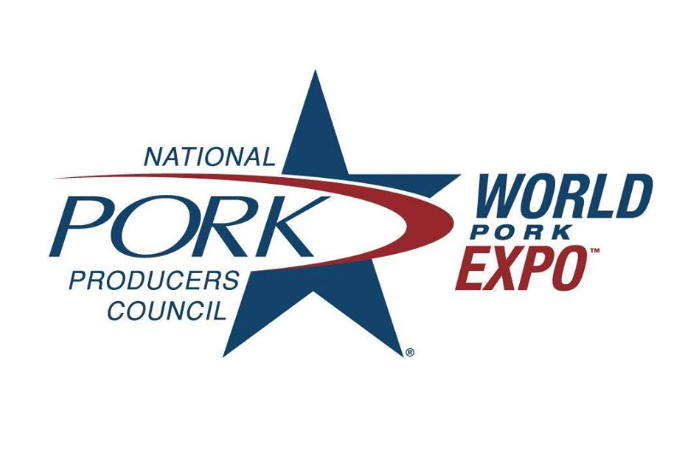DES MOINES, IOWA — At the 2022 World Pork Expo, a panel led by the National Pork Producers Council (NPPC) discussed pressing issues affecting the pork industry, including international trade, foreign animal disease and labor. The Pork Industry Visioning Task Force selected these topics as a part of the strategic planning process.
Panelist Terry Wolters, NPPC president and owner of Stoney Creek Farms, said public policies help preserve the freedom to operate and work toward sustainable means of production.
“We need to lead on these issues, activating producers to tell their stories, collaborating with agricultural partners to amplify our voices and working with policymakers and regulators to implement meaningful change,” Wolters said.
Liz Wagstrom, DVM, NPPC chief veterinarian, spoke on strategy to protect pig health from emerging threats, specifically the African swine fever (ASF), which was detected in the Western Hemisphere for the first time in over 40 years.
“We are asking lawmakers for additional funding in key government programs to prevent and prepare for an outbreak,” Wagstrom said. “Fully staffing our CBP agricultural inspection program and hiring additional APHIS-VS field staff are among the investments NPPC has requested.”
An ongoing labor shortage continues to impact producers and processors. NPPC supports visa reform that opens the H-2A visa program to year-round labor, without an annual cap on the number of visas, and provides a path to legal status for agricultural workers already in the country.
“The lack of workers undermines a critical economic sector that in recent years has driven employment and wage growth faster than the overall economy,” said panelist Jack Detiveaux, NPPC manager of competition, labor and tax. “Hog farming is vital to the prosperity of rural America and to maintaining an abundant supply of safe, nutritious pork for consumers here and around the globe.”
Joining the Comprehensive and Progressive Agreement for Trans-Pacific Partnership (CPTPP) is one of NPPC’s priorities, in an effort to create jobs and boost pork exports to an estimated 500 million consumers served in the 11-member pact.
“It’s vital for the US pork industry to strengthen relationships in the Asia-Pacific region,” said Maria Zieba, NPPC assistant vice president of international affairs. “CPTPP would put us on a level playing field with other pork trading countries, such as the EU. We are also encouraging the Biden administration to address market disparities as part of ongoing Indo-Pacific Economic Framework negotiations.”
Bryan Humphreys, NPPC chief executive officer, added, “We are committed to building momentum for groundbreaking advocacy work on behalf of pork producers. That means strengthening advocacy outreach by showing up in new ways, working more collaboratively across agriculture and taking action in DC, in states and in the global marketplace.”



